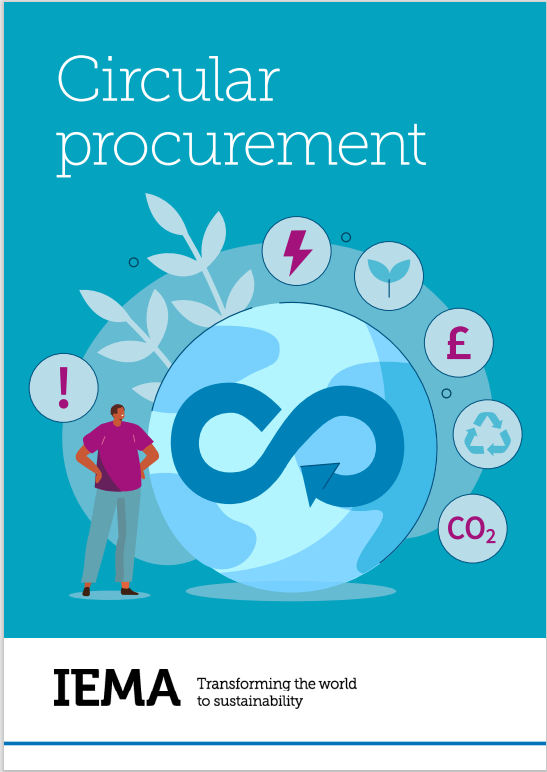The Institute of Environmental Management and Assessment (IEMA) has published a new guide on circular procurement. This comprehensive resource equips sustainability and procurement practitioners with actionable insights to embed circular economy principles into their organisations.
Why embedding circularity in procurement?
Procurement is a powerful tool for driving sustainability. It influences every phase of a product's lifecycle, from design to disposal. Circular procurement emphasises long-term value by incorporating principles such as durability, adaptability, and resource efficiency into purchasing decisions. This approach fosters a “closed-loop” system that minimizes waste, optimizes resource use, and significantly reduces environmental impact.
The guide underscores the critical role procurement plays in achieving the broader goals of a circular economy. By rethinking how we acquire goods and services, organisations can reduce their reliance on virgin materials, promote innovation, and set a new standard for environmental stewardship.


